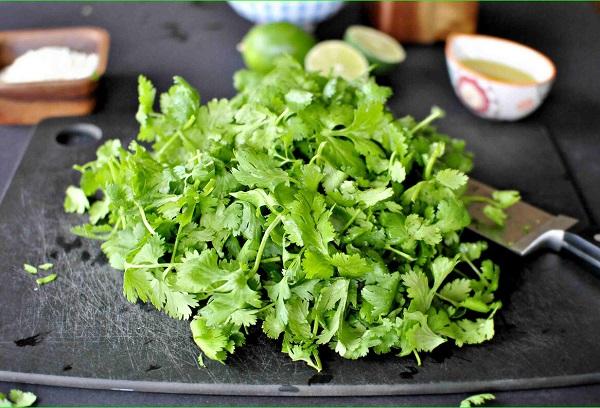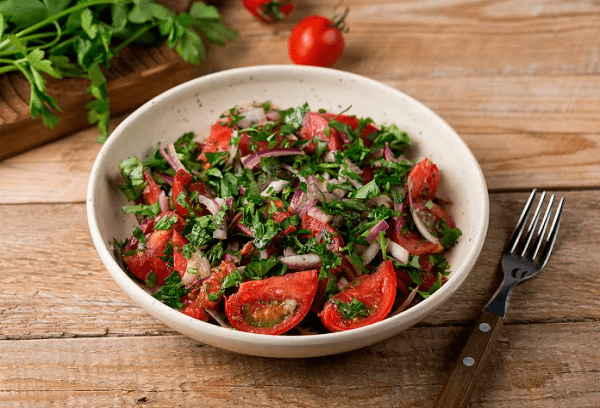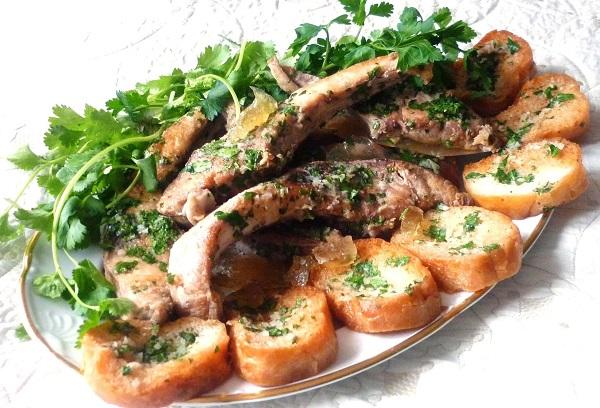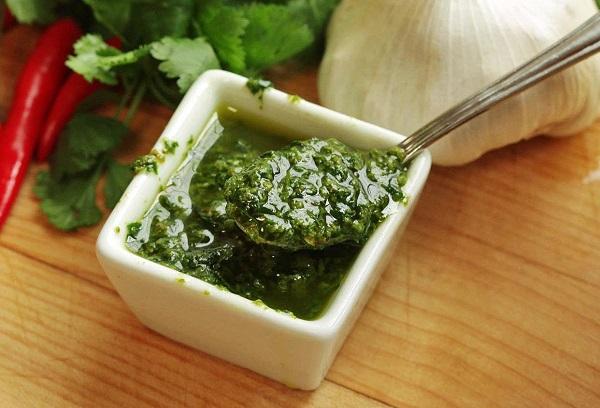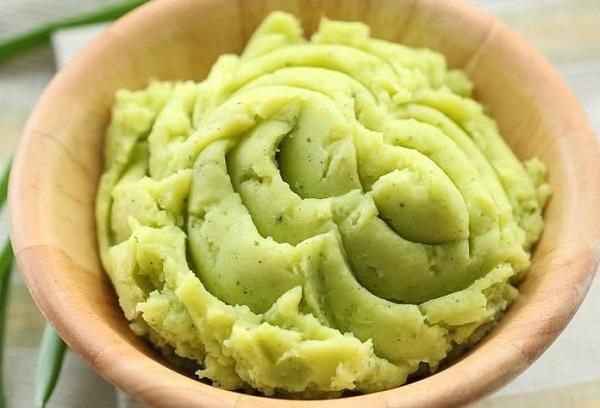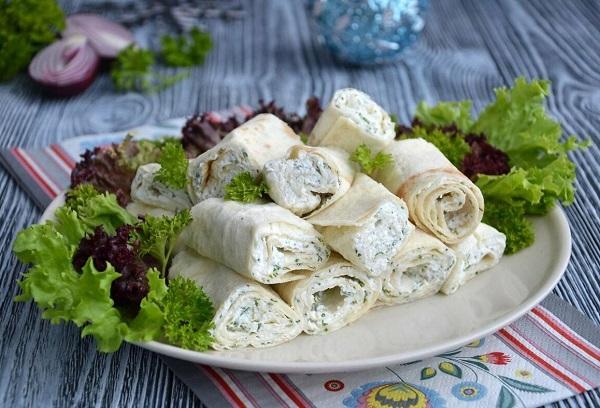Cilantro: what is it good for, where do you add fresh and where do you add frozen?
Content:
Cilantro has settled in the Russian kitchen relatively recently. Although there were cases when it was mistaken for parsley (for its similar appearance). And for the more “enlightened”, this plant has a different, more familiar and “not harsh” name - coriander.
The latter is not entirely true, since coriander is the seeds themselves, and cilantro is greens.
How to eat cilantro
Cilantro, like any other greens, is added to food. They are used as an addition to the main dish, to emphasize the taste, or the plant is included in the required set of ingredients for the recipe.
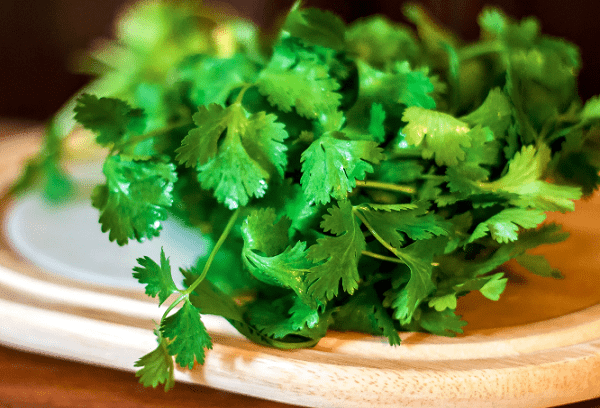
Where to add cilantro:
- soups;
- shashlik;
- meat dishes;
- fish dishes;
- sauces;
- sandwiches;
- vegetable salads.
As you can see, there are practically no restrictions! And in Germany, the culture is even used in the preparation of certain types of liquor and beer.
What can't be combined with
There are no specific prohibitions on combining greens with any products. The main thing in this matter is taste preferences and personal preferences.
The only recommendation concerns the very fact of eating coriander leaves in case of individual intolerance. Also, you should not abuse the fresh crop if you have high acidity of the gastrointestinal tract, diabetes and hypertension.
Best combinations
Despite the fact that coriander leaves have their own special taste, it goes well with almost any spices and foods!
Popular combinations:
- garlic;
- dill;
- black pepper;
- cheese;
- cottage cheese;
- tomato;
- fish/meat.
Please note: we are talking about the green part of coriander; the grains themselves have a different, specific taste. Their use in food differs.
Composition and taste
If we look at the composition, we will see a storehouse of useful substances, micro- and macroelements!
Vitamins:
- A;
- Groups B (1, 2, 3, 6, 9);
- C;
- E;
- K;
- PP.
And:
- choline;
- calcium;
- sodium;
- copper;
- iron;
- phosphorus;
- routine;
- pectin;
- essential oils;
- Alkaoids.
The taste of coriander leaves is tender, at the same time bitter, tart and very aromatic!
TOP 5 dishes
You can start getting acquainted with cilantro by adding the spice to simple, familiar dishes.
Tomato salad
Necessary:
- several ripe tomatoes;
- medium sized red onion;
- olive or sunflower oil;
- several sprigs of greenery;
- salt/pepper to taste.
Finely chop all ingredients and mix. The number of components is regulated independently, based on personal preferences.
Fried fish
Needed for the marinade:
- juice of 2 oranges;
- curry – 1 tbsp;
- hot chopped pepper;
- salt, sugar (to taste);
For the main dish:
- fish (any, to taste);
- Bell pepper;
- garlic (a couple of cloves);
- 1 medium onion;
- 2 medium tomatoes without skin;
- a bunch of cilantro.
To begin with, fish 1 is infused in the marinade in the refrigerator (to prepare the marinade, mix all the ingredients).
Then make a bed for frying fish from pepper, tomato, onion, garlic and cilantro (finely chopped).
Sauce for any dish
Ingredients:
- sunflower oil - 1 tbsp. spoon;
- garlic – 2 heads;
- half a medium lemon;
- salt – 1 teaspoon;
- black pepper – 1 teaspoon;
- coriander – 3 teaspoons;
- greens – 150 gr.
Grind all ingredients in a blender until smooth. Can be used as a dressing or sauce for meat, fish, and vegetable dishes.
Puree
Necessary:
- 1 kg of peeled potatoes;
- a bunch of greenery;
- 1 clove of garlic;
- olive oil – about 120-150 ml;
- salt-sugar/pepper to taste.
Boil the potatoes, add turmeric and puree. We clear a bunch of coriander leaves from the stems and grind them in a blender or mortar with oil and garlic. Mix the mixture with mashed potatoes.
Pita
You will need:
- unsweetened curd mass;
- a bunch of cilantro;
- salt (to taste);
- pita.
The greens are finely chopped and mixed with cottage cheese until the mixture reaches the required “spreadable” consistency. We coat the pita bread, wrap it, cut the “rolls” into small pieces for ease of eating.
As you can see, there are a lot of options for using cilantro! In all of the recipes listed, fresh herbs can be easily replaced with frozen ones - this will not affect the taste in any way.
